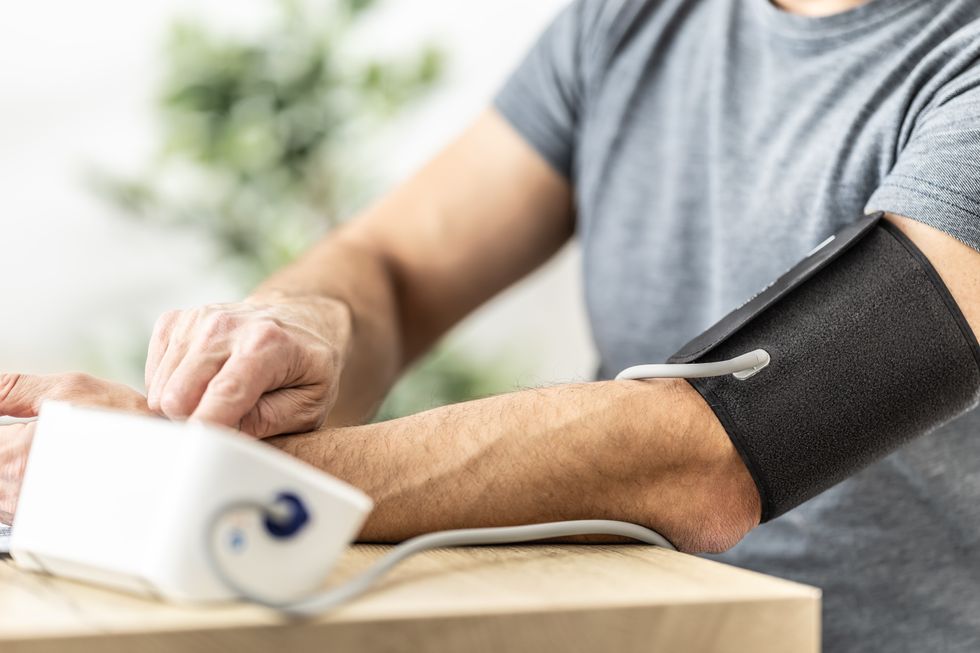Dr Guttman names dietary interventions to reduce the risk of stroke and heart attack
GBN
The techniques could offer an alternative approach for those struggling with medication
Don't Miss
Most Read
Trending on GB News
Relaxation techniques may help lower high blood pressure in the short term, according to new research published in BMJ Medicine, but their long-term effects remain unclear.
A new study analysing existing research has suggested techniques like breath control and meditation could offer an alternative approach for those struggling with medication.
High blood pressure affects approximately one-third of 30- to 79-year-olds globally, putting these individuals at risk of stroke.
For the meta-analysis, scientists scoured databases for studies published in English up to February 2024 that examined relaxation techniques for high blood pressure.
 Reductions in blood pressure lower the risk of major cardiovascular events GETTY
Reductions in blood pressure lower the risk of major cardiovascular events GETTYThey included 182 studies with 166 focusing on high blood pressure and 16 on elevated blood pressure, using network meta-analysis to simultaneously compare the effects of different techniques.
The pooled results from 54 studies showed most relaxation techniques lowered blood pressure after three or fewer months.
Breath control achieved a reduction of 6.65 mm Hg in systolic blood pressure, while meditation showed a drop of 7.71 mm Hg.
More impressive results came from meditative movements like tai chi and yoga (9.58 mm Hg drop) and mindfulness (9.90 mm Hg drop). Music and progressive muscle relaxation also showed benefits.
However, there was no statistical evidence of effectiveness for any technique after three to 12 months, and the certainty of this evidence was very low.
The most commonly studied techniques at this time point were biofeedback, yoga/tai chi, and progressive muscle relaxation.
Very few studies included long-term follow-ups of 12 months or more, with only three included in the network analysis. The researchers noted that descriptions of relaxation interventions were often incomplete or sparse in the studies they reviewed.
There was also limited data on the costs and cost-effectiveness of these techniques and studies failed to report information on the risk of cardiovascular disease, events or deaths.
LATEST DEVELOPMENTS

Blood pressure can significantly reduce with relaxation techniques
GETTYThe high risk of bias in primary studies and the potential for publication bias created uncertainty about the findings.
The researchers suggested: "The results of our systematic review and network meta-analysis indicate that relaxation or stress management techniques might result in meaningful reductions in blood pressure at up to three months of follow-up."
However, they cautioned that hypertension is a chronic condition likely requiring long-term treatments.
"Interventions that are used for a brief period, or provide only short-term benefits, are unlikely to be clinically useful."








